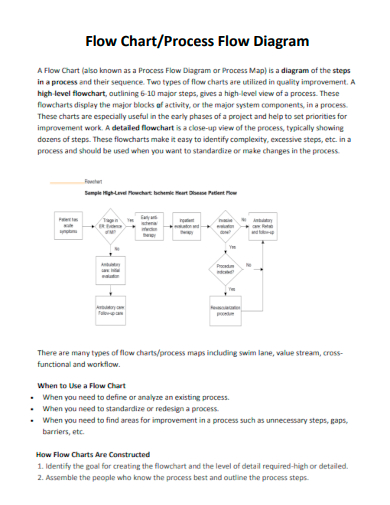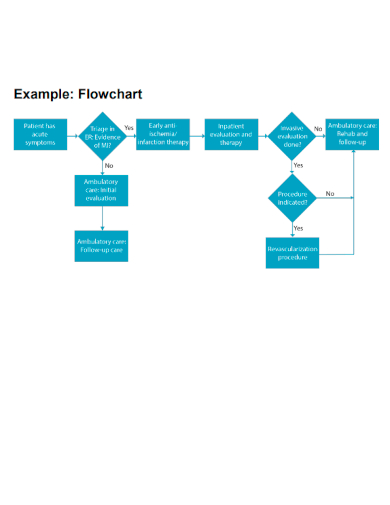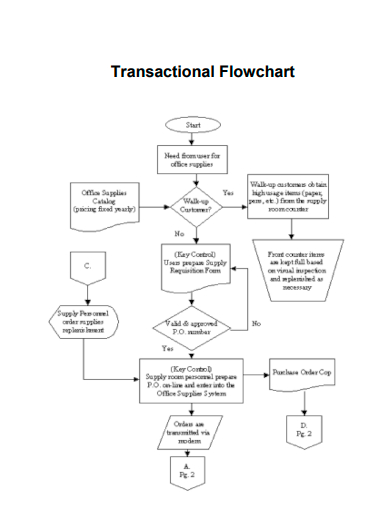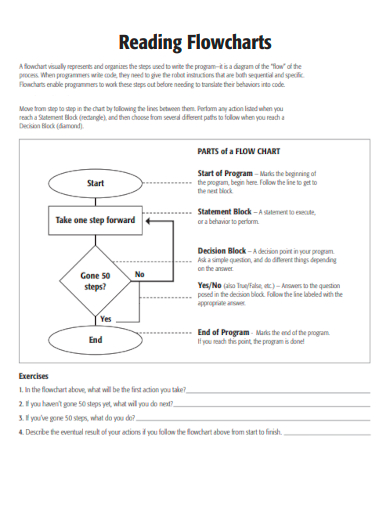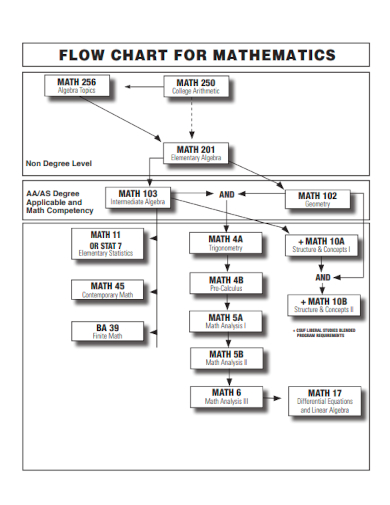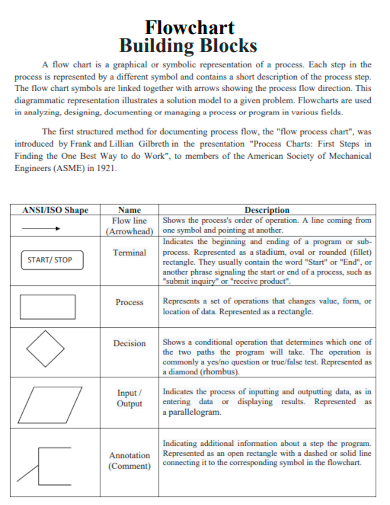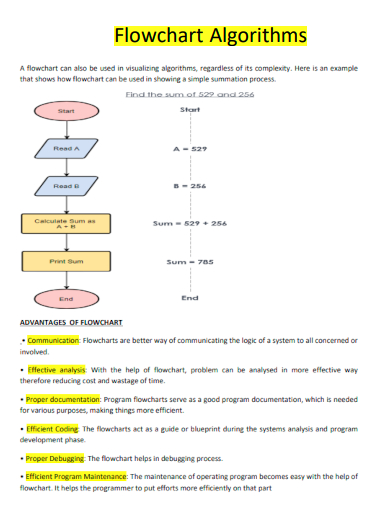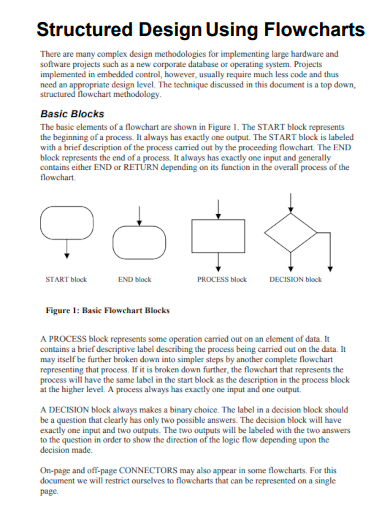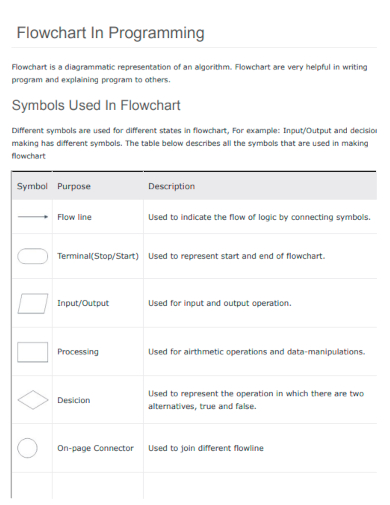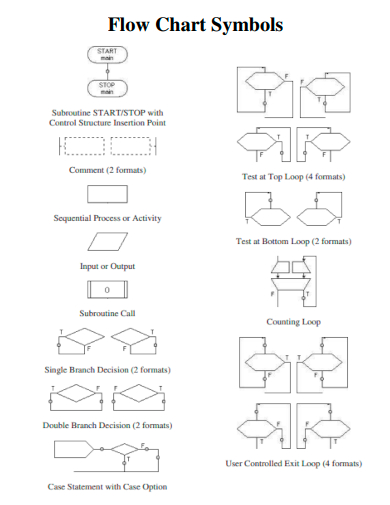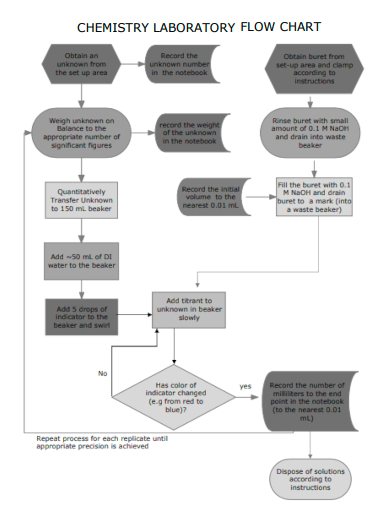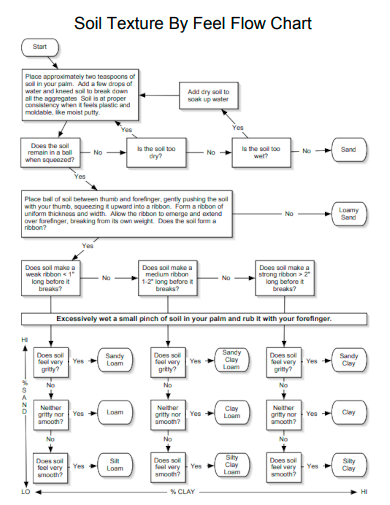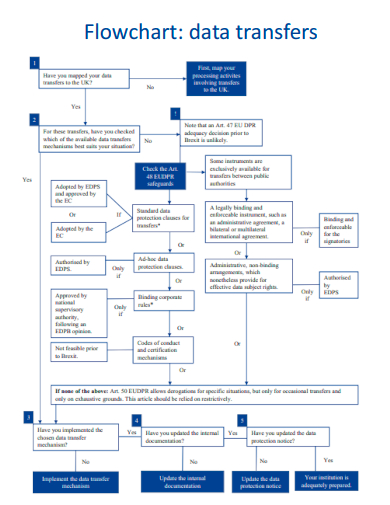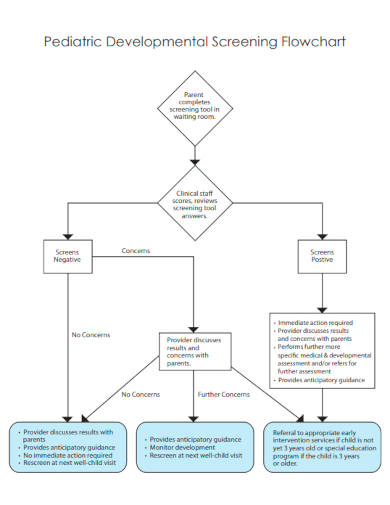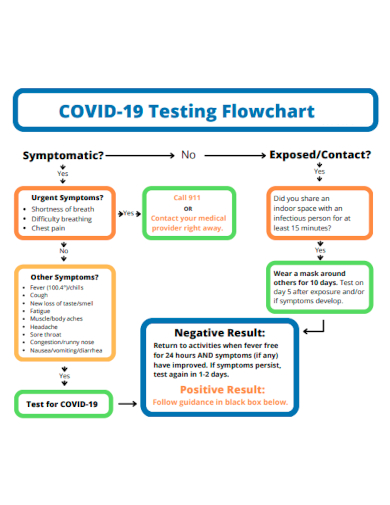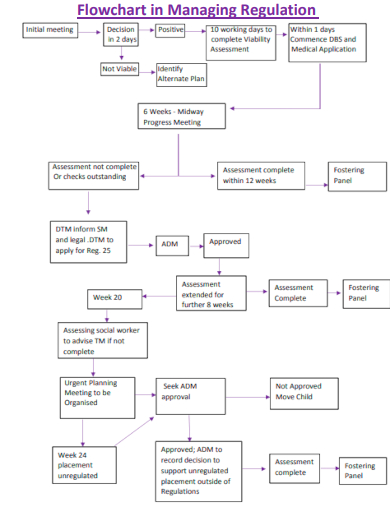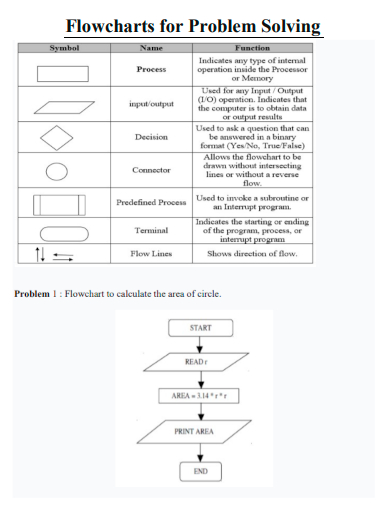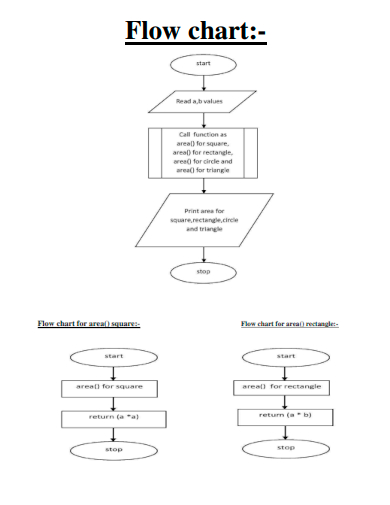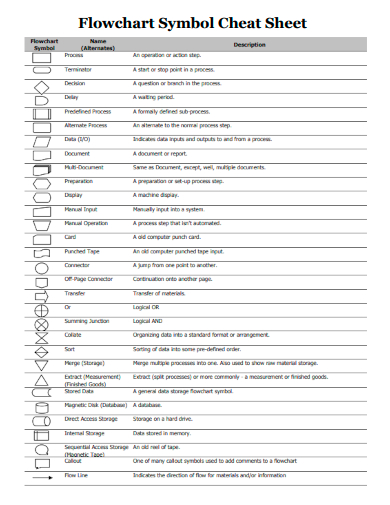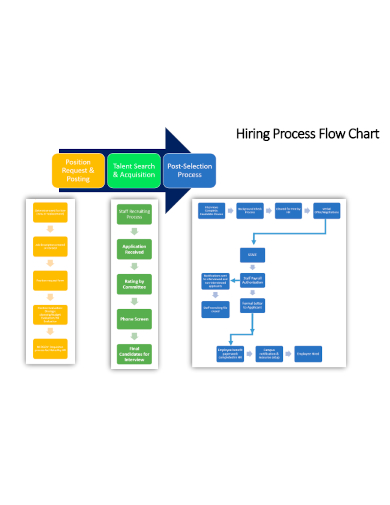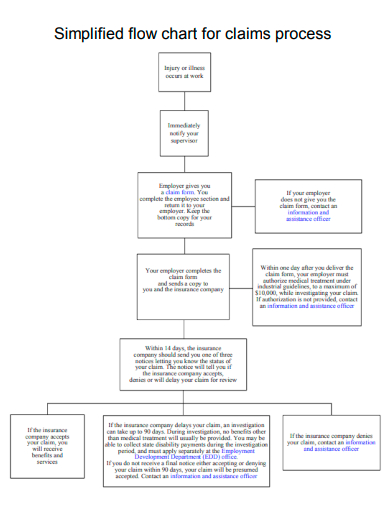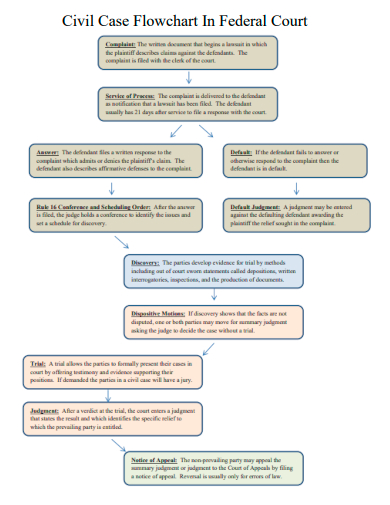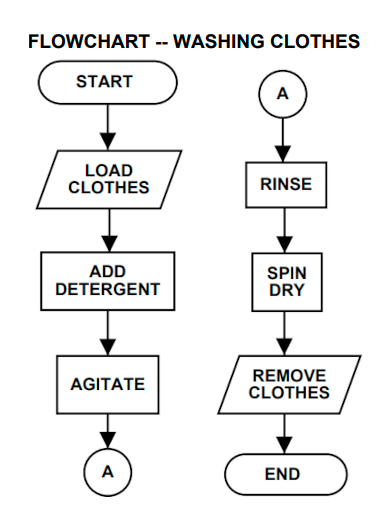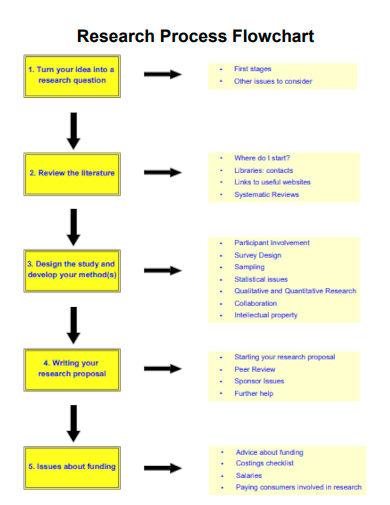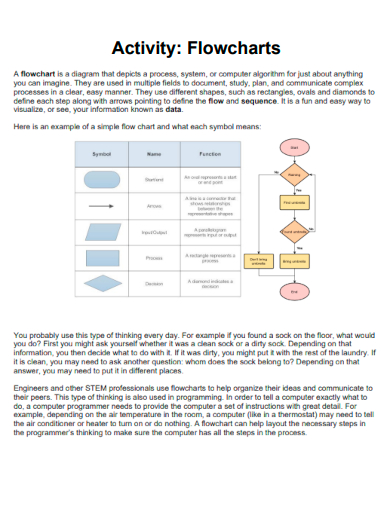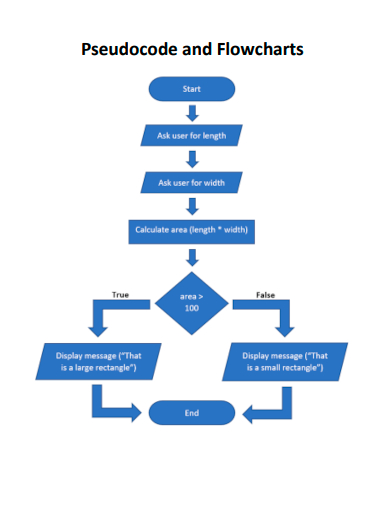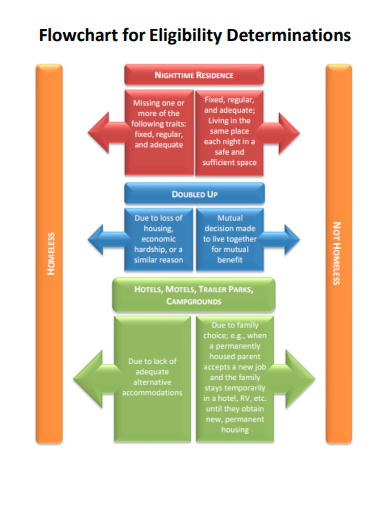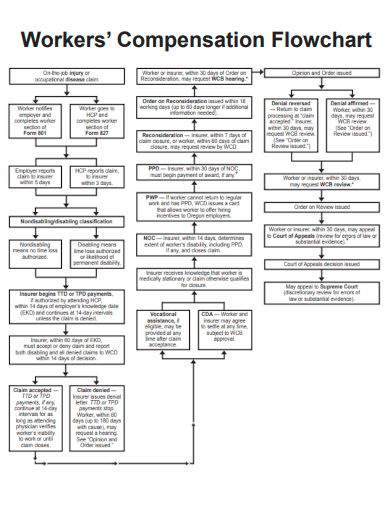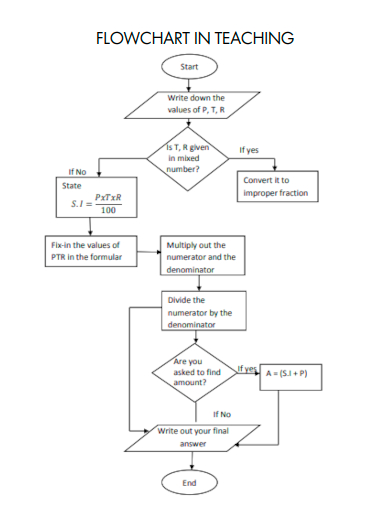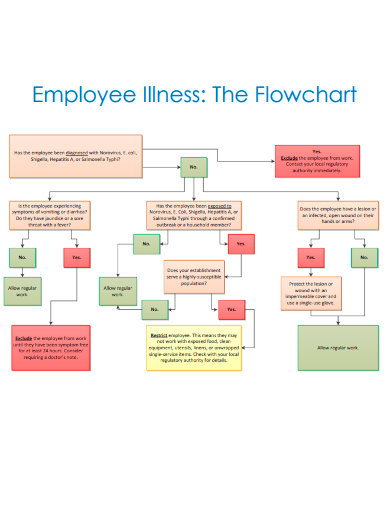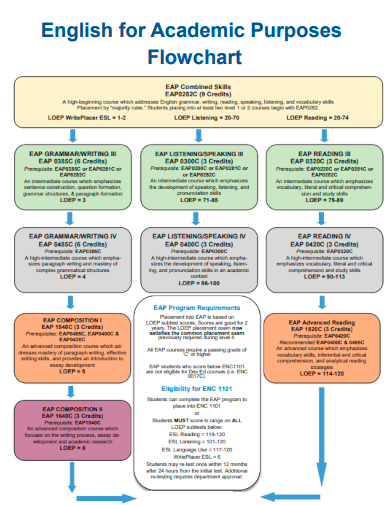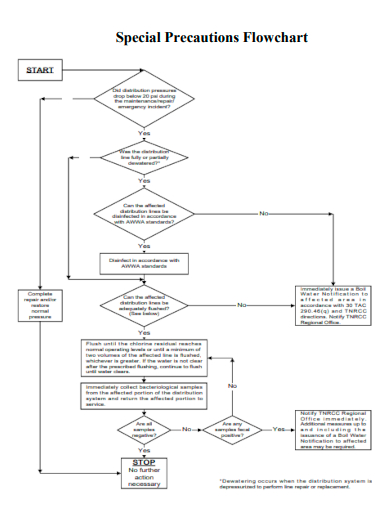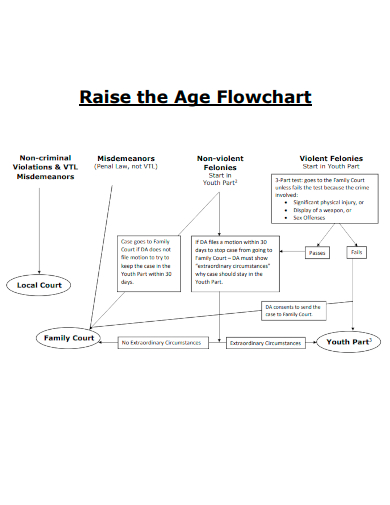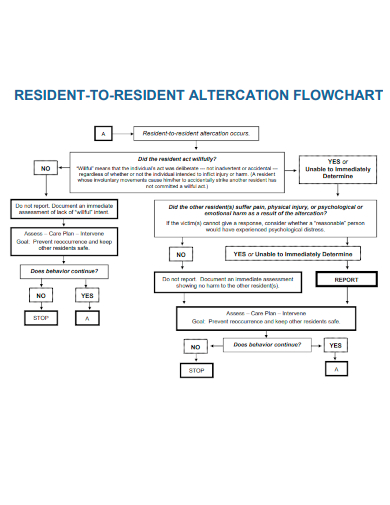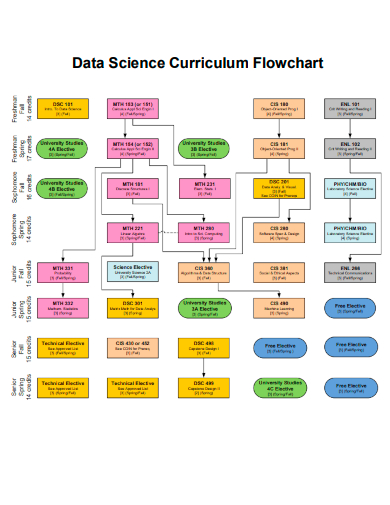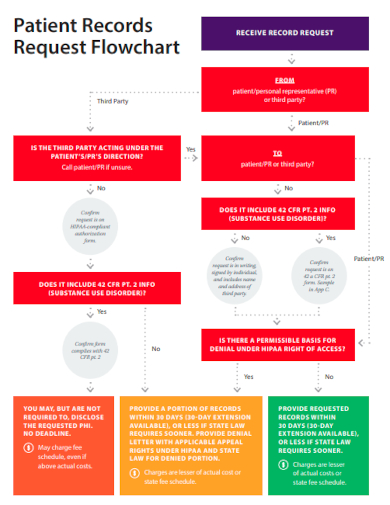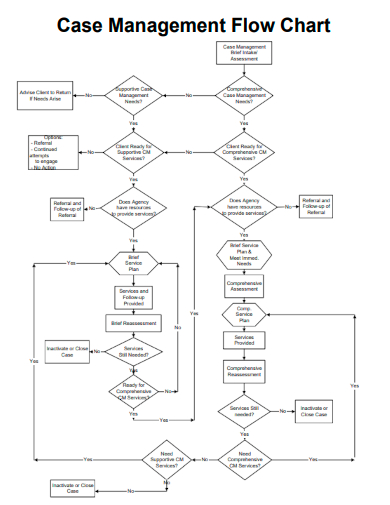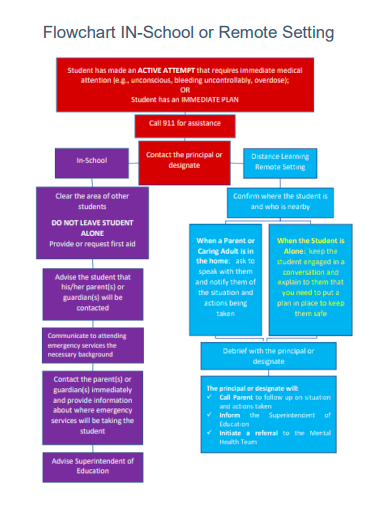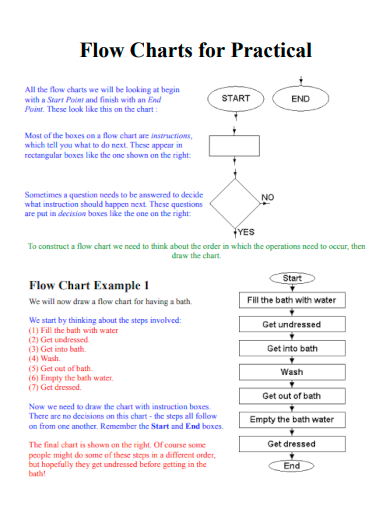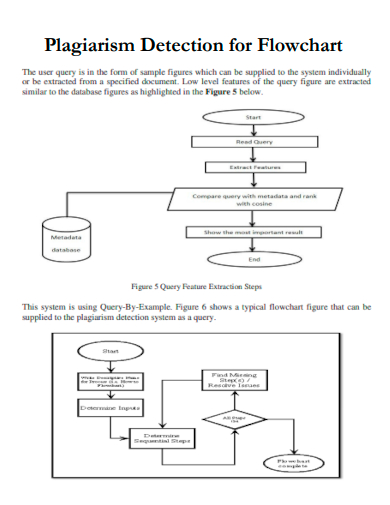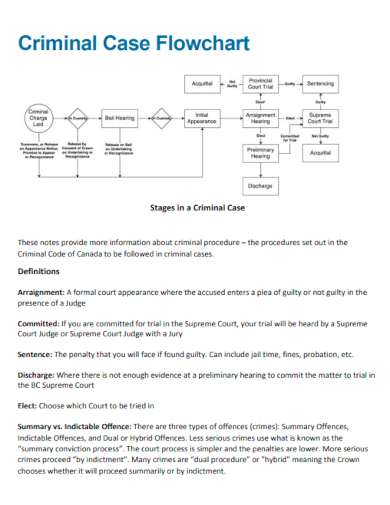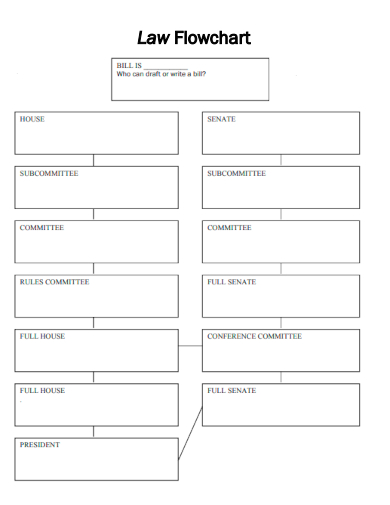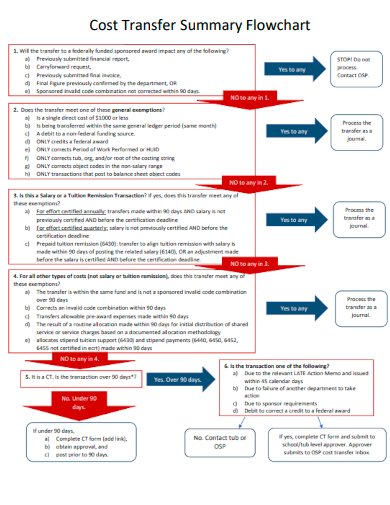The main advantage of using company flowcharts is that they allow for a clear and concise representation of a process documentation. By breaking down a complex system into smaller, simpler steps, flowcharts make it easier to understand the overall process. This is especially important when communicating with others who may not be familiar with the process, as it allows them to follow along and understand the process quickly and easily.
50+ Flowchart Samples
1. Quality Control Flowchart Template
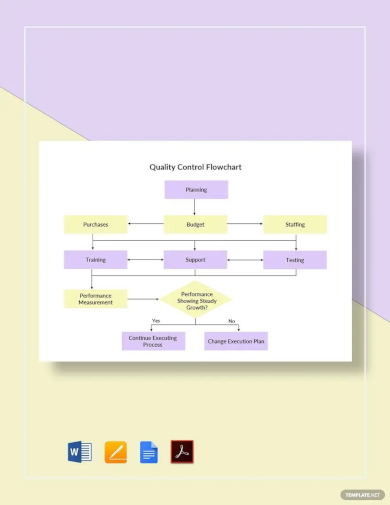
2. Logistics Flowchart Template
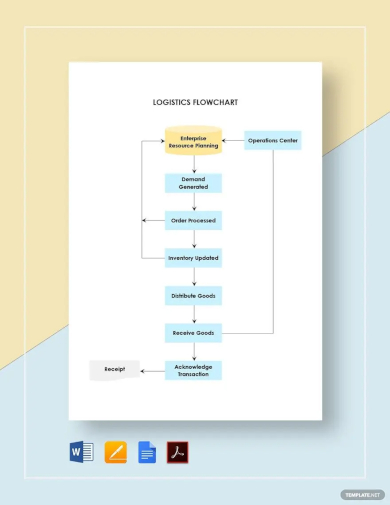
3. Video Game Flowchart Template
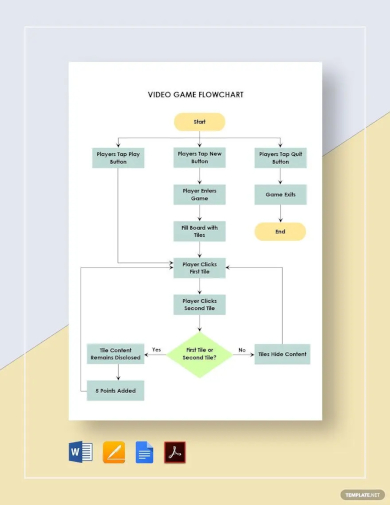
4. Software Flowchart Template
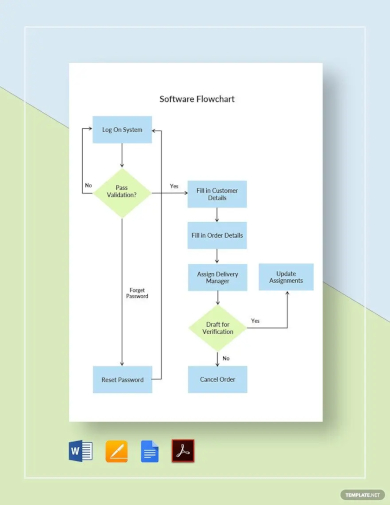
5. Supply Chain Flowchart Template
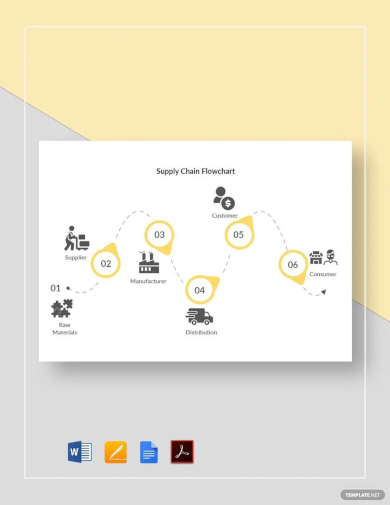
6. Flowchart & Process Flow Diagram
7. Flowchart Example
8. Transactional Flowchart
9. Reading Flowcharts
10. Flowchart for Mathematics
11. Flowchart Building Blocks
12. Flowchart Algorithms
13. Structured Design Using Flowcharts
14. Flowchart In Programming
15. Flowchart Symbols
16. Chemistry Laboratory Flowchart
17. Soil Texture By Feel Flowchart
18. Flowchart Data Transfers
19. Pediatric Developmental Screening Flowchart
20. Flowchart Guide
21. Covid-19 Testing Flowchart
22. Flowchart in Managing Regulation
23. Flowcharts for Problem Solving
24. Simple Flowchart
25. Flowchart Symbol Cheat Sheet
26. Hiring Process Flow Chart
27. Simplified Flowchart for Claims Process
28. Civil Case Flowchart In Federal Court
29. Washing Clothes Flowchart
30. Research Process Flowchart
31. Activity Flowcharts
32. Pseudocode and Flowcharts
33. Flowchart for Eligibility Determinations
34. Workers Compensation Flowchart
35. Flowchart in Teaching
36. Participation Decision-Making Flowchart
37. Employee Illness Flowchart
38. Vaccine Catch-up Flowcharts
39. English for Academic Purposes Flowchart
40. Special Precautions Flowchart
41. Raise the Age Flowchart
42. Resident to Resident Altercation Flowchart
43. Data Science Curriculum Flowchart
44. Patient Records Request Flowchart
45. Case Management Flowchart
46. Flowchart in School or Remote Setting
47. Flow Charts for Practical
48. Plagiarism Detection for Flowchart
49. Criminal Case Flowchart
50. Law Flowchart
51. Cost Transfer Summary Flowchart
What is Flowchart Samples?
Flowcharts are a graphical representation of a process or algorithm that help to visualize the sequence of steps required to accomplish a particular task list. They are used to depict complex system documentation and help to identify and resolve any bottlenecks or inefficiencies in the process roadmap. In this essay, we will discuss the benefits and application samples of flowcharts.
How To Make Flowchart Samples?
Another benefit of using flowcharts is that they are versatile and can be applied to a wide range of applications. They can be used to represent manufacturing processes, software algorithms, decision-making processes, and much more. This versatility makes them an essential tool for business plan, educators, and professionals in a wide range of fields.
Step 1- Define the process or system
Identify the steps involved and the order in which they occur. Determine the type of flowchart you want to create. There are several types of flowcharts, including basic flowcharts, swimlane flowcharts, process flowcharts, and data flowcharts. Each type is used to depict a specific type of process or system.
Step 2- Choose the symbols
Choose the appropriate symbols and shapes to represent the steps in the process. Common symbols include a start/end symbol, a decision symbol, a process symbol, and a connector symbol. Arrange the symbols and shapes on the page in the order they occur in the process. Connect them with arrows or lines to show the flow of the process.
Step 3- Label with appropriate text
Add text labels to the symbols to provide additional information about each step in the process, such as a description of the action being taken or the data being processed. Review and test the flowchart to ensure it accurately represents the process or system being depicted. Make any necessary revisions or adjustments.
Step 4- Start sharing the template
Share the flowchart with others as needed, such as colleagues, team members, or stakeholders, to ensure everyone understands the process and can follow it effectively.
What types of symbols are used in flowcharts?
Common symbols used in flowcharts include a start/end symbol, a decision symbol, a process symbol, and a connector symbol. These symbols represent different types of actions or steps in the process being depicted.
What types of processes can be depicted in a flowchart?
Flowcharts can be used to depict a wide range of processes, including manufacturing processes, software algorithms, decision-making processes, and much more. They are a versatile tool that can be applied in many different fields.
Can flowcharts be used for problem-solving?
Yes, flowcharts can be an effective tool for problem-solving. By visually representing a process and breaking it down into smaller steps, it becomes easier to identify and resolve any bottlenecks or inefficiencies that may be causing problems.
In conclusion, flowcharts are a powerful tool for visualizing complex processes and identifying inefficiencies. They are versatile, easy to create, and can be used in a wide range of applications. Whether you are a business owner, educator, or professional in any field, flowcharts are an essential tool for improving efficiency, reducing costs, and achieving better results.
Related Posts
Contract Termination Letter
Student Research Proposal
Diet Plan
Housekeeping Resume
Marriage Proposal Letter
Nursing Resume
Fund Transfer Letter
Purchase Order Cancellation Letter
Certificate of Service
Employee Leave Form
Visitors Log
Requisition Form
Student Feedback Form
Payment Receipt Format
Formal Interview Letter

